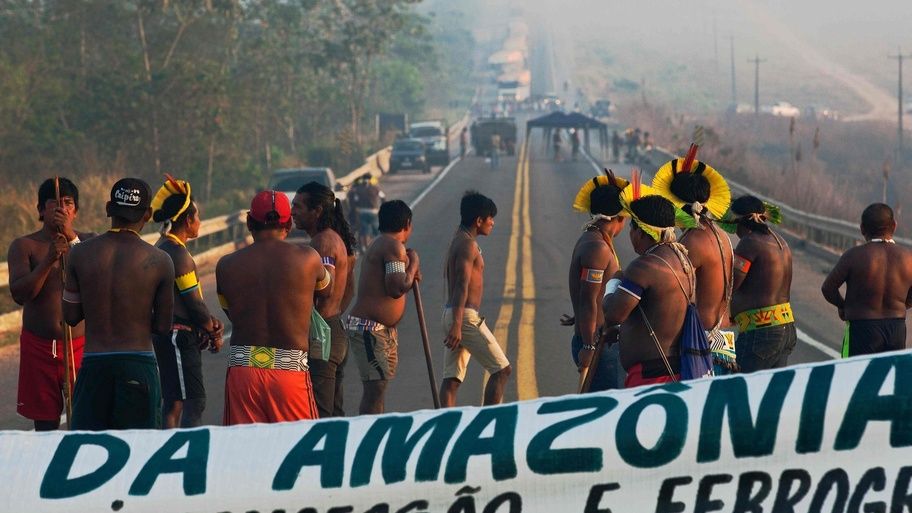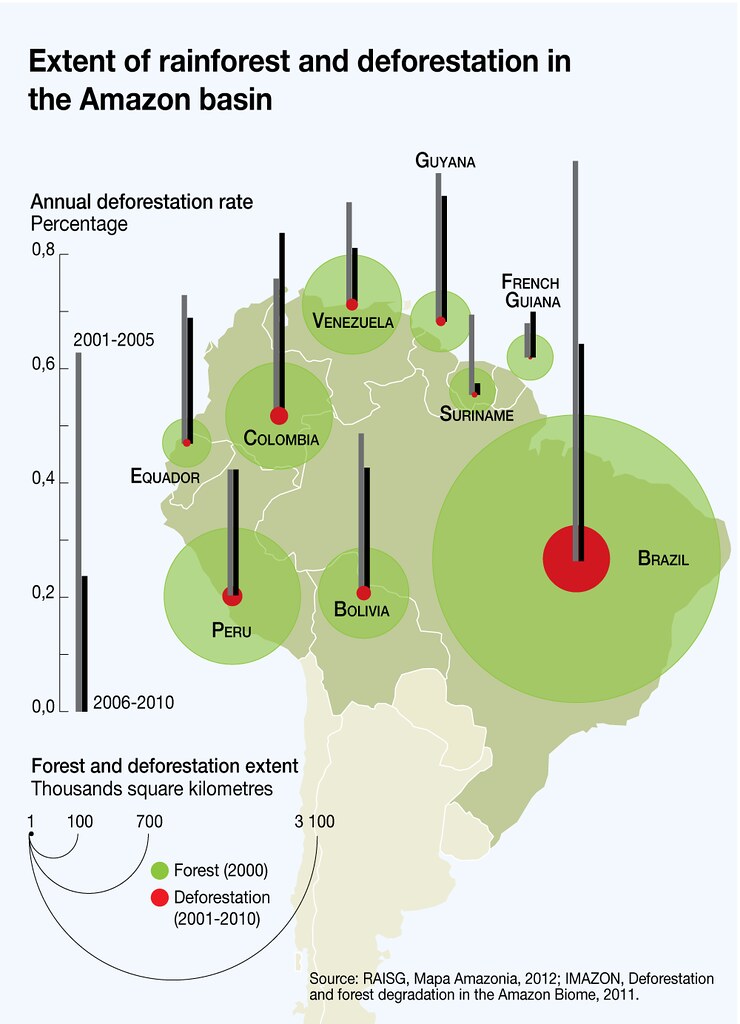In a recent blow, a case has been filed in a French court against the supermarket chain Casino by Amazonian Indigenous activists along with environmental groups.
Casino, headquartered in Saint-Etienne is one of the prominent supermarket chains in France, owning both the Franprix and Monoprix stores.
They have alleged its stores in Latin America over deforestation and the loss of land-livelihood by such forest tribes in Brazil and Colombia, two of the company’s biggest markets.
They are also accused of selling meat linked to land-grabs and deforestation in the Amazon.
Alongside disregarding Environmental laws in the forest, the groups have begun to highlight even Human rights being exploited by Casino’s supply chain management.
€3.1 million ($3.7 million) have been requested in compensation for damages to indigenous communities.
Companies sales from South America scales to 31.9 billion euros last year.
It is the first time that a French supermarket chain has been pulled in front of any Court over deforestation and human rights violations allegedly committed by its suppliers.
Evidences of Harm to Animals:
The plaintiff is based on the data by the Center for Climate Crime Analysis (a NPO in The Hague). Accordingly, Casino has regularly procured beef from slaughterhouses owned by the controversial Brazilian meatpacking company JBS.
Harm to the Amazonian forest land:
“The three slaughterhouses sourced cattle from 592 suppliers responsible for at least 50,000 hectares of deforestation between 2008 and 2020,” according to the aforesaid report, noting that the deforested area is “five times the size of Paris”.
Cattle is known to be the main driver of deforestation in South America(like any other place across the World), particularly in Brazil.
The national space agency has already warned that deforestation of the Amazon had reached a 12-year high last year.
Experts have also warned that the world’s largest rainforest i.e. biggest Carbon storage on land is approaching a tipping point, threatening to switch from a closed canopy rainforest to an open savannah.
Harm to the Communities:
“We indigenous peoples are the guardians of the Amazon and of indigenous lands,” said Luiz Eloy Terena, a leader of Brazil’s Terena people and the legal counsel for the Articulation of Indigenous Peoples of Brazil (AIPB), speaking at a press conference on Wednesday.
“In addition to the financial damage incurred, the harm done to indigenous lands affects our way of life and threatens the survival of our culture, of our traditions and, ultimately, that of our people.”
Human as well as natural rights of these forest dwelling communities have been infringed upon and they have been actively seeking remedy for such loss.
Other culprits?
Carrefour, another French retailer who has some presence in India has also been criticized for such illegitimate collusion. Last July, the investigative website Disclose exposed the ties between Carrefour and a Brazilian meat producer linked to deforestation of the Amazon.
Any foreign company in Amazon face hauling pressure from activists and lawmakers in their own country to protect the World’s great Carbon sink.
But we see that Retailers are not the only culprits, governments are equally responsible for the plight of the Amazon.
In Brazil, President Jair Bolsonaro’s Nationalist government has drastically weakened measures designed to combat deforestation, despite the fact that the destruction of the rainforest is the main cause of greenhouse emissions in the country.
He took office in 2019 with pledges to unlock the natural riches of the vast Amazon. This undoubtedly has sparked fierce backlash amid soaring deforestation and wildfires every year.
A group of investment firms, most based in Europe, have been mounting up the pressure on Bolsonaro’s administration, threatening to divest from Brazilian companies if the government doesn’t act to curb illegal logging and prevent intentional burning of forest.
Much denigrating spat between Bolsnaro and Macron is well known after calling for more responsibility and accountability to the Amazon.
Researchers(Maeda and colleagues) have pointed out that deforestation caused by big commodity farms can cause a local temperature increase up to 3x higher than what is observed in deforestation caused by small rural settlements because commodity crops in the Amazon forest is often associated with a very intensive management of the land.
Any lack on this front can thereby lead to uncontrollable climate change.
Case study:
Brazilian highway BR-163 stretches between the Tapajos National Forest, left, and a soy field in Belterra, Para state, Brazil.
Another highway BR-230 carved through the jungle during Brazil’s military dictatorship in the 1970s known as the Trans-Amazon was built to bend nature to man’s will in the vast hinterland.
Four decades later, there’s development taking shape, but also worsening deforestation amidst the face of climate change.
Sustainability is the sheer answer:
From the above scenario, we can infer that stopping deforestation is no longer enough.
To protect the remaining forests, farmers in the Amazon region will have to incorporate more sustainable practices, denouncing the alternative agricultural practices.
Due to huge profits in the area, such required sustainable changes may not be welcomed. After all increasing international awareness and consumers’ preference for more sustainable products, will be essential to create real pressure in the supply-chain, hopefully seeding a hopeful future for the Amazon rainforest.
If economic development in the heartland of Amazon is the goal, still the deforestation-related wealth creation makes up only a tiny fraction of the Brazilian economy.
It becomes worth examining whether new business in the region is dominated by virtuous poverty alleviation interests or by vice organized crime.






